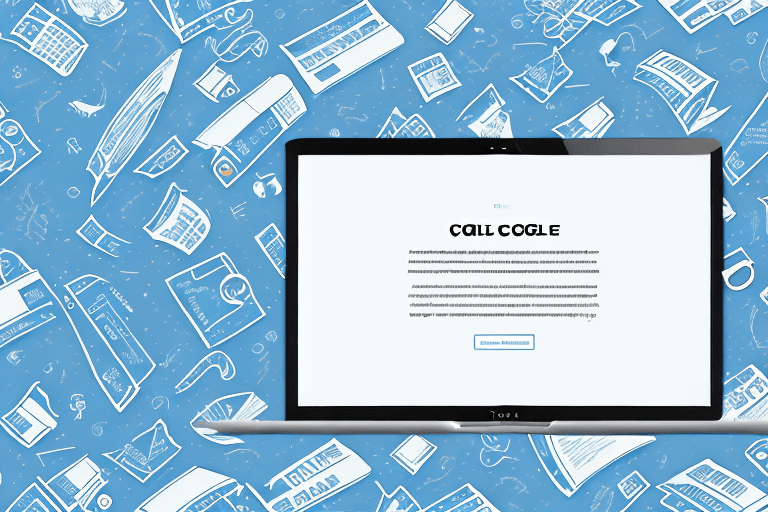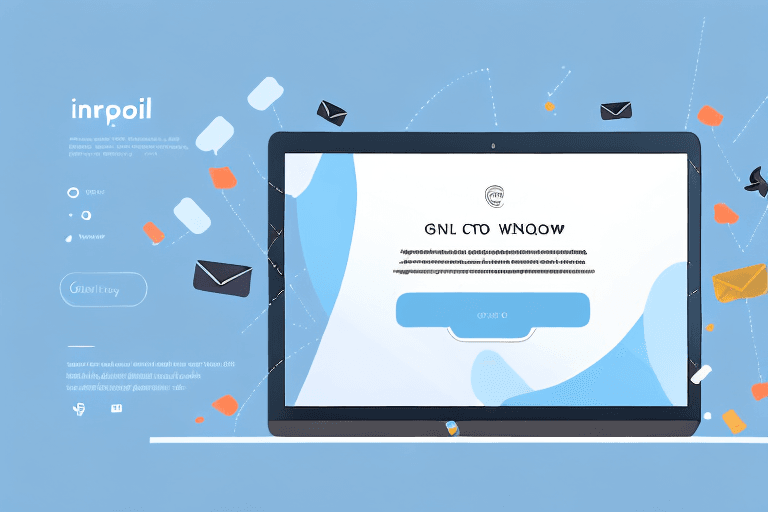Sending a personalized email to a college coach can be a crucial step towards getting recruited. In today's highly competitive sports world, student-athletes need to put their best foot forward and showcase their skills and achievements. An email to a college coach is a great way to introduce yourself and make a lasting impression. But, crafting an effective email can be challenging. In this article, we will guide you through the process of creating a powerful college coach email template.
Understanding the Importance of a College Coach Email
Sending a well-thought-out email can help you stand out from the crowd of student-athletes that college coaches hear from on a daily basis. A carefully crafted email can grab the attention of the coach and spark their interest in you as a potential recruit. It can also demonstrate your professionalism, communication skills, and attention to detail.
Building a Connection with College Coaches
The first step in crafting an effective college coach email is to establish a personal connection with the coach. Start by researching the coach and the athletic program to learn more about their coaching philosophy, team culture, and recent achievements. Include this information in your email to demonstrate your interest and knowledge.
Also, consider addressing the coach by name and mentioning any relevant personal or professional connections you may have with them. A personalized salutation can go a long way in making a coach feel valued and appreciated.
Another way to build a connection with a coach is to attend their games or matches. This shows that you are truly interested in their program and are willing to put in the effort to learn more about it. If you attend a game, be sure to introduce yourself to the coach and mention that you are interested in their program.
Showcasing Your Athletic and Academic Achievements
Your email should highlight your athletic and academic strengths and accomplishments. Focus on your unique selling points and what sets you apart from other athletes. You can also include relevant statistics, awards, and milestones to support your claims and give the coach a clear picture of your potential.
It is also essential to mention your academic achievements and goals. College coaches are looking for well-rounded athletes who can excel both on and off the field. Show that you are committed to your studies and have a strong work ethic.
Additionally, consider including information about your extracurricular activities and community involvement. This can give the coach a better understanding of your character and values, which are important factors in the recruiting process.
The Importance of Following Up
After sending your initial email, it is important to follow up with the coach. This shows that you are serious about their program and are willing to put in the effort to make a connection. Consider sending a brief follow-up email a week or two after your initial email to reiterate your interest and ask if there is any additional information they need from you.
Remember, the recruiting process can be competitive and time-consuming. It is important to be patient and persistent in your communication with coaches. With a well-crafted email and a personal connection, you can increase your chances of standing out and landing a spot on your dream team.
Components of a Strong College Coach Email Template
Now that you understand the importance of an effective college coach email, let's dive into the essential components that make up a strong email template.
Subject Line: Grabbing the Coach's Attention
The subject line of your email is the first thing the coach will see. It should be attention-grabbing and relevant to the content of your email. A vague or generic subject line may get lost in the coach's inbox. Try to be creative and make a memorable first impression.
For example, if you're a soccer player, you could use a subject line like "Skilled Forward Seeking to Join [College Name] Soccer Team."
Introduction: Making a Memorable First Impression
The introduction of your email should be concise and engaging. Start by introducing yourself and mentioning why you're reaching out to the coach. Explain your interest in the athletic program and how you can contribute to the team's success.
It's crucial to strike a balance between being confident and humble. Avoid overstating your abilities or coming across as arrogant. Instead, focus on your strengths and what you can offer the team.
For instance, if you're a swimmer, you could start your email by saying "My name is Sarah and I'm a competitive swimmer interested in joining the [College Name] swim team. I've been swimming competitively since the age of 10 and have won several awards at the state and national level."
Body: Highlighting Your Skills and Accomplishments
The body of your email is where you will provide more detailed information about your skills and accomplishments. Use bullet points or numbered lists to break up the text and make it easier to read.
Try to keep your email concise and to the point. Don't overwhelm the coach with too much information or irrelevant details. Also, make sure to use proper grammar and spelling to convey professionalism and attention to detail.
For example, if you're a basketball player, you could list your stats and achievements, such as "I'm a shooting guard with a 3-point shooting percentage of 45%. Last season, I was the team's leading scorer and was named MVP of the district tournament."
Closing: Expressing Your Interest and Gratitude
The closing of your email should express your appreciation for the coach's time and consideration. Thank them for the opportunity to introduce yourself and express your interest in a follow-up conversation.
Make sure to include your contact information, such as your phone number and email address, so that the coach can easily reach you. Finish with a polite and professional sign-off, such as "Best regards" or "Sincerely."
Remember, crafting a strong college coach email takes time and effort. By following these guidelines, you'll increase your chances of getting noticed by the coach and potentially securing a spot on the team. Good luck!
Personalizing Your Email for Different Coaches
One email template may not work for every coach. Different coaches have different personalities, coaching styles, and preferences. Therefore, it's essential to personalize your email for each coach you reach out to.
Researching the College and Athletic Program
Researching the college and athletic program before crafting your email is an excellent way to cater your message to the coach's needs. Look for information about the team's needs, recent achievements, and the college's academic offerings.
You can also try to find out more about the coach's coaching philosophy and style. For example, if the coach emphasizes team chemistry over individual achievements, you may want to mention your teamwork skills in your email.
Tailoring Your Message to the Coach's Needs
Try to understand the coach's needs and how you can meet them. For example, if the coach is looking for a player with strong leadership skills, you can mention your experience as a team captain or mentor. Tailoring your message to the coach's needs demonstrates your ability to be a team player and work towards the team's goals.
Demonstrating Your Knowledge of the Team and School
Showing your knowledge of the team and school is an excellent way to demonstrate your interest and commitment. Try to mention specific details about the program, such as recent game scores, player stats, or team accomplishments. This shows the coach that you are invested in the program and have done your homework.
Following Up with College Coaches
After sending your email, it's essential to follow up with the coach to ensure that he or she received it. There are a few things to keep in mind when following up with a coach.
Tracking Your Email Communications
Keeping track of your email communications with coaches can help you stay organized and on top of your recruitment process. Use a spreadsheet or a note-taking app to record the date and time you sent your email, the coach's response (if any), and any follow-up emails you send.
Timing Your Follow-Up Emails
Timing is critical when following up with a college coach. You don't want to come across as pushy or impatient. Wait at least one week before sending a follow-up email, and keep your tone polite and professional. If you don't hear back after two or three follow-up emails, it may be time to move on and focus on other opportunities.
Maintaining a Professional Tone in Your Correspondence
Finally, it's essential to maintain a professional tone in all your email correspondence with coaches. Avoid using slang, emoticons, or overly informal language. Remember that you are representing yourself and your team, and a professional tone can go a long way in making a good impression.
Conclusion
Crafting an effective college coach email template requires careful planning and attention to detail. By following the tips and strategies outlined in this article, you can create a powerful email that stands out from the competition and helps you connect with college coaches. Remember to personalize your email for each coach, highlight your strengths and accomplishments, and demonstrate your interest and commitment to the team and school. With the right email template and follow-up strategy, you can increase your chances of getting recruited and achieving your athletic goals.




